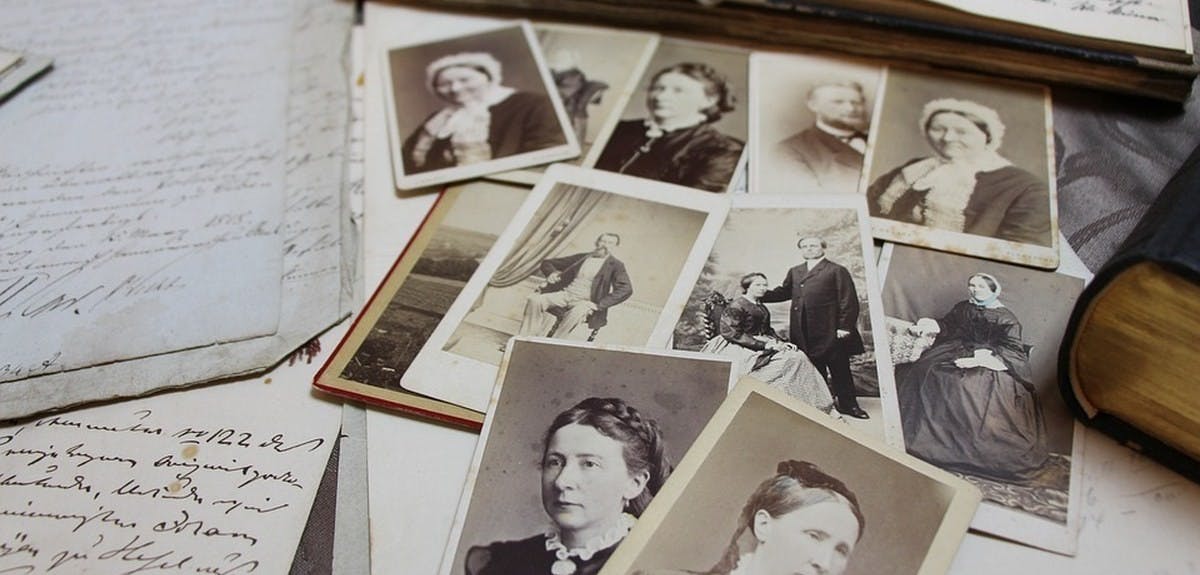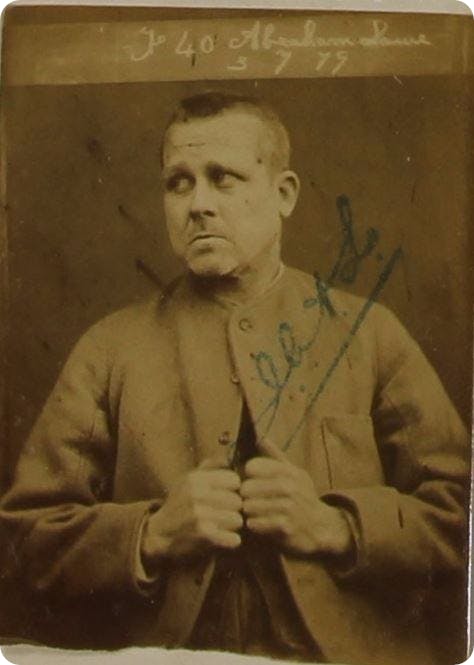The 5 Best Resources for REALLY Getting to Know Your Ancestors
2-3 minute read
By Niall Cullen | March 21, 2019

Your family history is so much more than a list of dead relatives' details. It's about understanding your ancestors' characteristics and how they lived. These records will help you do just that.
There is no denying that birth, marriage, death and census records are essential for building your family tree. However, they don't tell the whole story of who your ancestors were, what made them tick and why they wound up in certain situations. For that kind of juicy information you need to look at historical resources that include a lot more detail. Here are some of the best.
Newspapers
The discoveries you can make in our historical newspapers are truly endless. Local and regional papers reported on all sorts, from the goings-on at village fetes to tragic accidents and everything in between.
Finding a family member in one of our newspaper articles can help you imagine what sort of person they were because newspapers have the kind of detail not available in other records. As well as gaining vital genealogical details for your family tree, you might be shocked, moved or amused at why they were making headlines.
Army Service Records
Military records are notoriously detailed and well-maintained. Typically, the kind of information you'll find in them includes birth place, next of kin and physical descriptions, a lot more than you get in most collections.
Crime Records
If your ancestor fell foul of the law, their prison register, court appearance or police report will tell you a lot about them - sometimes more than you may want to know. The details of the crime they committed, witness statements and judges' sentences should tell you the kind of person they were - victims of circumstance or evil personified?

One fantastic feature of our unique crime collection are the mugshots that are included in some of the records. There is no substitute for seeing your ancestor up close and personal.
Workhouse Registers
Workhouse records are a vastly underused resource when it comes to family history research. If your ancestor hit hard times and ended up in a workhouse you probably already sympathise with their situation but looking at their records will help you learn even more about them.
Like the Army, workhouses kept rich registers of their inmates' admissions and discharges. What's more, minutes of the
Board of Guardians' (who were responsible for running the workhouses) meetings have also been made available to search on Findmypast. These can tell you all about life inside the workhouse for your ancestor - from what they were eating for dinner to the jobs they were tasked with.
School Records
You might know everything about your ancestor's adult life, but what about their childhood? Our extensive
school collections can reveal intricate details about their education.
You could find out exam results, reasons for absence and even if your ancestor was ever excluded and why. Obviously, all these fascinating facts will help you paint a picture of the type of young person your relative was.
